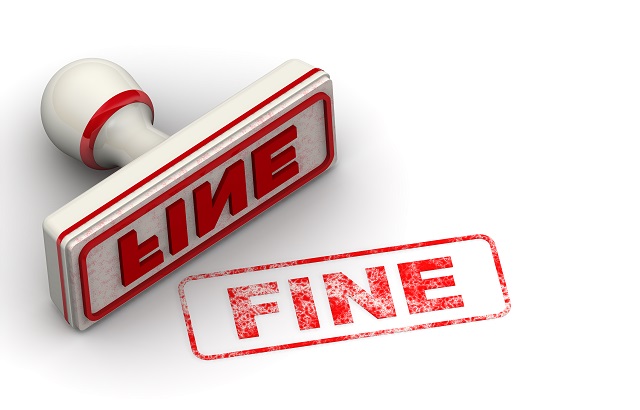Wells Fargo & Company has agreed to pay $3bn (£2.32bn, €2.8bn) to settle its potential criminal and civil liabilities over an employee practice of opening millions of customer accounts or products under “false pretenses or without consent”.
This was carried out between 2002 and 2016, as pressured employees were asked to meet unrealistic sales goals.
Under the agreement with US Department of Justice (DoJ) and the Securities and Exchange Commission (SEC), Wells Fargo admitted that it collected millions of dollars in fees and interest, to which the company was not entitled, harmed the credit ratings of certain customers, and unlawfully misused customers’ sensitive personal information, including customers’ means of identification.
Fair fund
The resolution includes:
- An agreement with the DoJ that resolves the criminal investigation into sales practice activities in the community bank from 2002 to 2016. As part of the agreement, no charges will be filed against Wells Fargo provided it abides by all the terms of the agreement;
- A separate settlement agreement that resolves the DoJ’s civil investigation; and
- A separate administrative order that resolves the SEC’s civil investigation. Wells Fargo has agreed to the establishment of a $500m fair fund for the benefit of investors who were harmed by the conduct covered in the agreement – it is part of the $3bn settlement.
“When companies cheat to compete, they harm customers and other competitors,” said Michael Granston, deputy assistant attorney general of the DoJ’s civil division.
“This settlement holds Wells Fargo accountable for tolerating fraudulent conduct that is remarkable both for its duration and scope, and for its blatant disregard of customer’s private information.
“The civil division will continue to use all available tools to protect the American public from fraud and abuse, including misconduct by or against their financial institutions.”
Case
Beginning in 1998, Wells Fargo increased its focus on sales volume and reliance on annual sales growth, with a core part of this sales model to “cross-sell strategy” additional financial products to existing customers, according to the DoJ.
But, in contrast to Wells Fargo’s public statements and disclosures about needs-based selling, the community bank implemented a volume-based sales model where employees were directed and pressured to sell large volumes of products to existing customers, often with little regard to actual customer need or expected use.
The sales goals and management pressure led thousands of its employees to engage in “unlawful conduct”; including fraud, identity theft and the falsification of bank records, and unethical practices to sell product of no or little value to the customer.
Plead ignorance
Many of these practices were referred to within Wells Fargo as “gaming” and included using existing customers’ identities, without their consent, to open savings, debit card, credit card, bill pay and global remittance accounts.
The DoJ said in a statement: “The top managers of the community bank were aware of the unlawful and unethical gaming practices as early as 2002, and they knew that the conduct was increasing due to onerous sales goals and pressure from management to meet these goals.
“Even after senior managers in the community bank directly called into question the implementation of the cross-sell strategy, community bank senior leadership refused to alter the sales model, which contained unrealistic sales goals and a focus on low-quality secondary accounts.
“Senior leadership of the community bank minimised the problems to Wells Fargo management and its board of directors, by casting the problem as driven by individual misconduct instead of the sales model itself. “
Rebuild trust
Charlie Scharf, chief executive of Wells Fargo, said: “The conduct at the core of today’s settlements, and the past culture that gave rise to it, are reprehensible and wholly inconsistent with the values on which Wells Fargo was built.
“Our customers, shareholders and employees deserved more from the leadership of this company.
“Over the past three years, we’ve made fundamental changes to our business model, compensation programs, leadership and governance.
“While today’s announcement is a significant step in bringing this chapter to a close, there’s still more work we must do to rebuild the trust we lost. We are committing all necessary resources to ensure that nothing like this happens again, while also driving Wells Fargo forward.”








